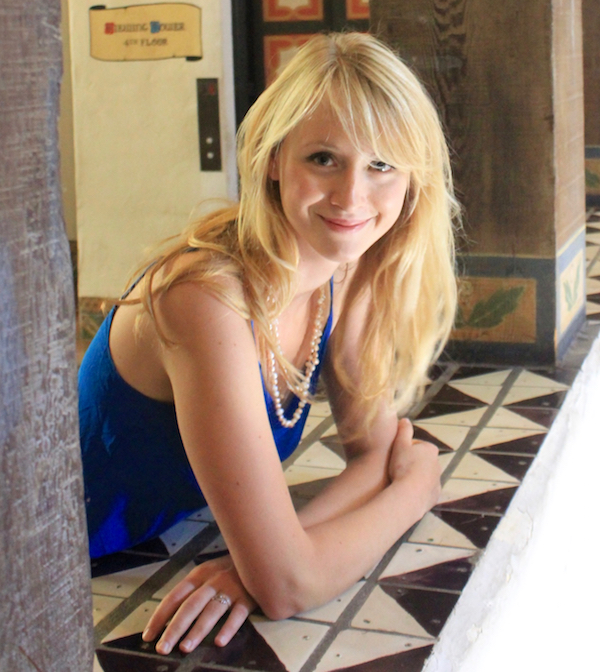Language: Kazakh
Graduation Year: 2016
Current Location: Los Angeles, CA
What have you done since graduating from UW-Madison?
I am presently at UCLA, working toward my PhD in Sociocultural Anthropology. I will return to Kazakhstan for fieldwork in 2017, most likely near the eastern border.
What motivated you to study this language?
I am a cultural anthropologist specializing in food, nutrition, and domestic economies in rural Kazakhstan. Though Russian remains the lingua franca throughout much of post-Soviet Central Asia, learning and speaking Kazakh language carries enormous practical and symbolic importance. Russian is a colonial language in Central Asia. I think it’s a matter of respect- to a person, to a place, to a history, to a way of life- to be able to speak and study not only Russian but also in the native language.
How has this language enriched your life?
Learning Kazakh has been a joyful experience, and I can’t wait to return to Kazakhstan and surprise old friends when they hear Kazakh words coming out of my mouth. Kazakh is underspoken, even in Kazakhstan itself, so when a foreigner takes the time to learn, it’s especially meaningful, and fosters a sense of intimacy and familiarity that Russian never quite will. In the rural areas in which I work, Kazakh is also the everyday language of communication, not just inside but increasingly outside the home. Thus, from a practical standpoint, learning Kazakh will greatly enrich my research, allowing me to fully participate in everyday life in both Russian- and Kazakh-language contexts.
Learning Kazakh also opens doors to the rest of the Turkic world–students can easily shift over to Kyrgyz, Uyghur, Tatar, Turkmen, or Turkish with a strong foundation in Kazakh. Likewise, if you’re familiar with one of these languages, give Kazakh a try!
What do you remember about your UW language classes? How were they different from other classes you took?
I love the intensity of language study at UW-Madison. Every day was full immersion, and every day I surprised myself at the pace of my own learning. I appreciate UW’s heavy emphasis on speaking, conversation, and creative communication, not simple memorization and dictation. We learn how to use the language in all kinds of practical situations. Experienced teachers, an organized and supportive administration, and small class sizes make for a very positive, personalized learning environment. Learning a new language is always a challenge, but it’s also incredibly inspiring and gratifying to be able to communicate at steadily increasing degrees of complexity week by week.
What is your favorite word or phrase in a language you know?
қыдыру (qıdırw), which means to walk, but without purpose or direction. I have a terrible sense of direction, and often get lost in thought as I move about my day, so this is the appropriate verb for me! I also like its rhythmic, onomatopoeic quality.